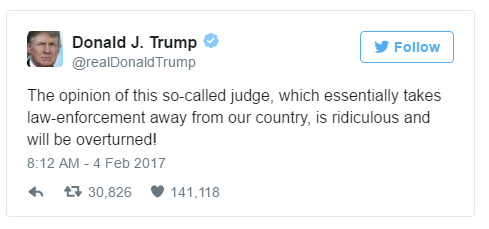
- Facebook Isn’t Sorry — It Just Wants Your Data
Weeks after the Cambridge Analytica privacy scandal broke, Facebook announced at its annual conference that it would soon use its trove of user data to roll out a dating app to help pair users together in “long-term” romantic relationships. Later in the year, while Zuckerberg told Congress “I promise to do better for you” and pledged increased transparency in its handling of users’ data, the company admitted to secretly using a private tool to delete the old messages of its founder. This summer, just days after Zuckerberg assured “we have a responsibility to protect people,” reports surfaced that Facebook asked US banks for granular customer financial data (including card transactions and checking account balances) to use for a banking feature. Even the company’s good faith attempts to secure its platform feel ham-handed and oblivious, like last November when Facebook asked users in Australia to upload their nude photos to Facebook for employee review to combat revenge porn.
https://www.buzzfeednews.com/article/charliewarzel/facebook-isnt-sorry-it-just-wants-your-data
- How WhatsApp is undermining Facebook’s war on election interference
The problem, of course, is WhatsApp. As we were admiring the flags, Brazilian newspaper Folha published an investigation showing that media companies are buying large groups of phone numbers and blasting them with anti-leftist propaganda on the encrypted messaging app. While it’s often discussed as a chat app, WhatsApp has message-forwarding mechanics that strip away the identity of the sender and allow messages to spread virally with little accountability.
https://www.theverge.com/2018/10/19/17997516/facebook-election-war-room-brazil-whatsapp
- The economics of immigration
- Open offices have driven Panasonic to make horse blinders for humans
“As open offices and digital nomads are on the rise, workers are finding it ever more important to have personal space where they can focus,” the company told Dezeen. “Wear Space instantly creates this kind of personal space – it’s as simple as putting on an article of clothing.”
The device, which debuted as a prototype at SXSW earlier this year, is now the subject of a crowdfunding campaign. Early birds can snag one for around $260, but we’re going to say neigh on this one.
- Sorry, Goldfish: People’s Attention Spans Aren’t Shrinking, They’re Evolving
The research, presented in detail in Prezi’s 2018 State of Attention Report, found that well over half — 59 percent — of business professionals feel they can give a piece of content their undivided attention more so today than they could just one year ago. Also, nearly half (49 percent) of respondents said they are more selective about the content they consume now compared to one year ago.
The State of Attention study also found evidence that attention spans are not only intact across generations, but also expanding in younger generations. That’s important information for businesses: Many organizations struggle to communicate effectively with, and develop engaging content for, all groups in their multigenerational workforce — but that’s especially true with millennials. And millennials, according to Pew Research Center, are the largest generation in the workforce as of 2017.
Photo by Kinga Cichewicz on Unsplash



